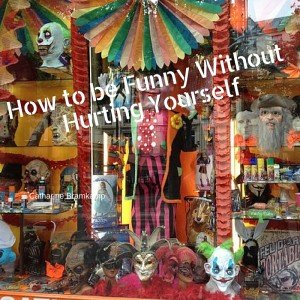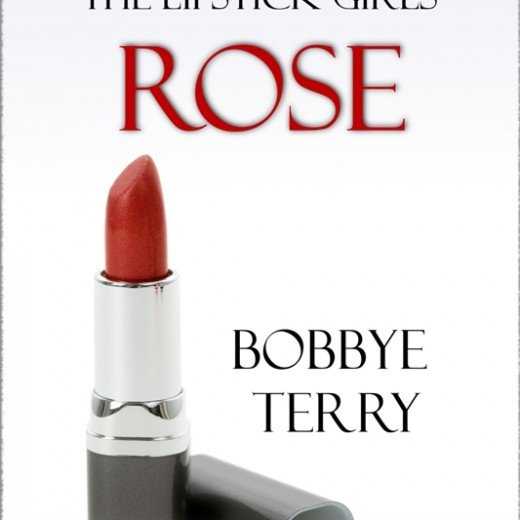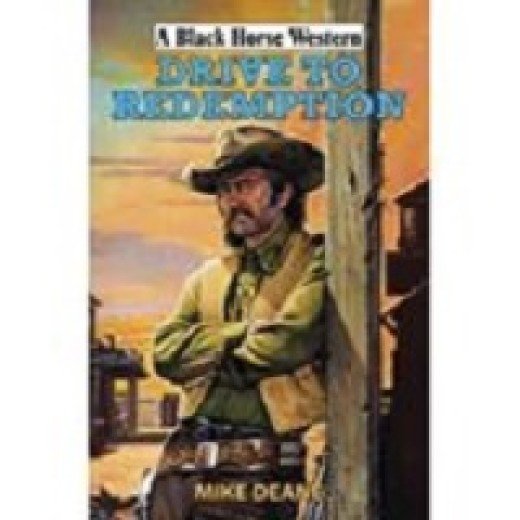How to Be Funny Without Hurting Yourself by Catharine Bramkamp
 Let’s welcome back monthly columnist Catharine Bramkamp as she shares with us about “How to Be Funny Without Hurting Yourself.” And she would know. Most of her books have funny, hilarious, and side-splitting humor. Enjoy!
Let’s welcome back monthly columnist Catharine Bramkamp as she shares with us about “How to Be Funny Without Hurting Yourself.” And she would know. Most of her books have funny, hilarious, and side-splitting humor. Enjoy!
***
When you try really, really hard to be funny, it inevitably won’t work. Like when my mother tells a joke. She always forgets some critical piece in the set up that, if forgotten, renders the punch line unintelligible. Which, as she backtracks and says, “Oh, I forgot to tell you about the bath tub,” is funny, but not the way she intended.
Who doesn’t want to laugh until milk shoots out of their nose? Oh wait, is that just my Thanksgiving dinner experience?
Yes it is, and it’s because my in-laws re-invent their childhood every year making it more dire, more tragic, and far more flammable with each telling. The stories are funny because they are exaggerated, a most American way to be funny.
Mark Twain wrote: “The humorous story is American, the comic story is English, the witty story is French. The humorous story is strictly a work of art — high and delicate art — and only an artist can tell it; but no art is necessary in telling the comic and the witty story; anybody can do it.”
As artists, we understand this idea of exaggeration deep in our bones, but why?
During the 18th and 19th century the American humor tradition for both male and female writers was based on exaggeration. The difference between what was promised in the new country: easy money, friendly natives, desirable living conditions, and what was experienced: starvation, cold, vicious natives brandishing sharp objects, was overwhelming. The colonists and settlers who braved the sea passage to follow the fantastic promises of the new land, were sorely disappointed, but hid their emotions well. Historians cite letters home from average men and women describing their new land with hyperbole and exaggeration — the better to justify their decision.
Humor and experience were both hyped to the point of being unbelievable. The Gold Rush immigrants exacerbated the tendency for the same reasons as the 17th century colonists did. They had to justify their choice, so the language became more inflated, more pompous, more ridiculous, and eventually – funny. Think Mark Twain claiming a desperate man poured buckshot into a frog. Who would do that? Exactly.
How can you channel your inner comic?
Inflate: Make the scene or the description larger, more exaggerated than would be reasonable.
While you’re at it, be unreasonable. Sometimes hysterics is funny, characters with exaggerated traits and overblown vocabularies are funny. A car chase that goes horribly wrong is a classic example of this.
What’s the worse that can happen? Escalate the very worst well past the point of credibility, write that scene.
Don’t tell jokes. Jokes are not always that funny (see my mother above) since in writing you do not have facial expressions, gestures, and the encouragement of the audience to help you with your story. Best way to tell a joke on the page? Have a character tell a popular joke and get it very wrong.
Technological or historical commentary — It is funny when a character in 1980 comments that they would never want to carry a phone around with them 24/7. Or a character declares that the Picasso of 1879 will never sell, or the heroine complains that no one would see a show based on cats.
Getting things wrong: Create a character who never pronounces words right, or has an accent that aids in confusing the plot.
Play against type. The small person is strong, the huge giant is frighten of bunnies. Disney does a good job with this.
Take a cue from films. Watch films, read funny books. Study what creates the humorous scenes and more important what makes you laugh. Humor is subjective and the only way to win at this is to amuse yourself. Trying to be funny for a specific demographic is the path to madness.
The real world is not that funny.
You must unearth the humor. It can be done. But if your scene doesn’t ring true, if you aren’t “feeling” it, skip it. Better to write a compelling scene than get twisted up in an effort to be funny.
Have the last laugh on me.
***
ABOUT THE AUTHOR
Catharine Bramkamp is the co-producer of Newbie Writers Podcast that focuses on newer writers and their concerns. She is a successful writing coach, Chief Storytelling Officer, and author of a dozen books including the Real Estate Diva Mysteries series, and The Future Girls series. She holds two degrees in English, and is an adjunct university professor. After fracturing her wrist, she has figured out there is very little she is able to do with one hand tied behind her back.
More of Catharine Bramkamp’s articles on Writer’s Fun Zone.
Want more useful writing tips like this?
Then sign up to receive an email each time this blog updates: (2-5 times a week)
 As a bonus, you will also be subscribed to the CreativitySparks ™ newsletter and community, full of tips and tools for novelists building a successful career. (Sent 1-2 times per week) By Beth Barany, Editor & Publisher of the Writer’s Fun Zone, and a Creativity Coaching for Writers, and a novelist herself.
As a bonus, you will also be subscribed to the CreativitySparks ™ newsletter and community, full of tips and tools for novelists building a successful career. (Sent 1-2 times per week) By Beth Barany, Editor & Publisher of the Writer’s Fun Zone, and a Creativity Coaching for Writers, and a novelist herself.







